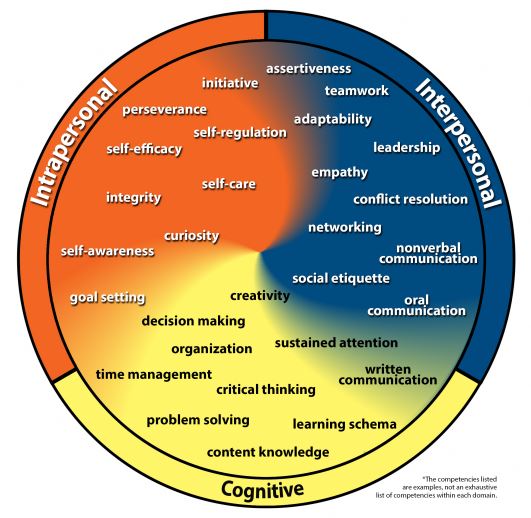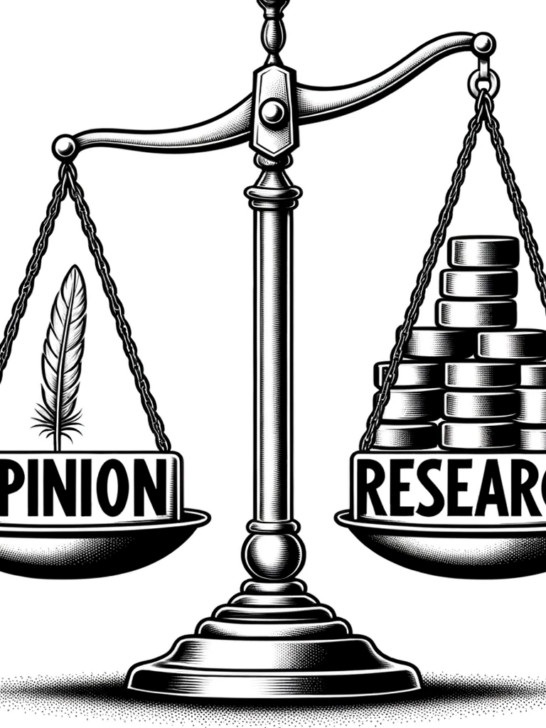| The Team Evaluation Memo is the final work product of an eight-week long collaborative assignment, The Consulting Simulation, for an undergraduate writing course on Professional Writing. |
The Team Evaluation Memo calls for students to critically reflect on their contributions and their peers’ contributions to The Consulting Simulation.
Student Learning Outcomes
By the time you’ve completed this module, you’ll be able to
- employ document design and graphic design principles to improve the clarity of your memos and reports
- write in a professional genre, particularly memos that evaluate employees’ contributions to group efforts
- develop your writing process, style, and editing competencies
- Learn and apply strategies for successful collaboration, such as working and communicating online with colleagues, setting and achieving project goals, and responding constructively to peers’ work.
Assignment Guidelines
Write a brief memo (two to three pages) to your instructor that reflects on your contributions and your peers’ contributions to The Consulting Simulation. Below are a series of questions, an invention heuristic, that you can use to develop content for your memo:
- Team Assessment: How well did team members treat other team members respectfully, motivate teammates, and providee assistance to team members?complete the tasks they agreed to complete per the Team Charter and Gantt chart?
- List your teammates in alphabetical order (first and last name)
- Provide one holistic grade for each peer’s overall contribution.
- Provide evidence for grading:
- Write one two or three sentences evaluating each peers’ contributions to The Consulting Simulation. Did each student supports a constructive team climate by treating team members respectfully, by motivating teammates, and by provides assistance to team members?
- Self Assessment: What were your strengths and weaknesses as a member of the team?
- What actions did you take to further the success of the the team’s deliverables for the Consulting Simulation? What specific actions did you take to develop a constructive team climate?
- With hindsight, what do you wished you’d done differently?
- Action Items: What lessons did you learn that you’ll take forward with you into future team projects?
- What did you learn about Collaboration as a result of the Consulting Simulation?
- How will you transform your experiences working on the Consulting Simulation to inform future team efforts?
Your memo must:
- Be reader-centered, edited for precision, and use effective professional style
- Use appropriate memo conventions. Please be sure to have a strong subject line (VERB + 3-7 word document summary)
- Include a Direct Business Writing opening paragraph that establishes the context for writing/why the reader is getting the document (i.e. you’re writing because you’ve completed work on a task you were given), the purpose of the memo (i.e. discuss your analysis of the audience and purpose of your document revision), and forecast the content of the memo.
- The body of the memo should be divided into three sections and each section should be well-organized and include multiple paragraphs.:
- Team Assessment
- Self Assessment
- Action Items
- Adopt a professional writing style.
Rhetorical
| Your instructor values Substantive Prose. Teachers as well as employers privilege sincerity over hyperbole, specifics over vagueness. Evidence matters to a community of scholars or professionals. Thus, reading is strongly recommended for the successful completion of this project. Avoid vague language, generalizations. To address this memo in a substantive way, do some preliminary research on scholarly conversations related to Collaboration. |
Evaluation Memos in the Workplace
An Evaluation Memo is a common workplace genre. In workplace contexts, Knowledge Workers draft evaluation memos to account for their time and efforts. Employers and administrators use Evaluation Memos to help improve communication, collaboration, and employee development.
Critique and evaluation plays a key role in learning regardless of whether that reflection occurs in a personal, school, or the workplace setting.
The extent to which supervisors evaluate employees or teams evaluate team members values greatly across work cultures. In consulting firms, it’s routine for the consultants to receive rigorous and extensive critiques of bosses, peers, and mentees. However, in some workplace contexts, critique can be random and even superficial.
Ray Dalio, a billionaire and Founder of Bridgewater Associates, a hedge fund, believes our dislike for conflict and critique cause us to avoid telling others our true assessment of their communications and actions. In Principles: Life and Work, Dalio argues businesses need to embrace meritocracies where people are radically honest and transparent about their assessments. He believes businesses flounder when their cultures don’t foreground performance evaluations.
In school contexts, teachers may ask students to evaluate other students’ work, especially after group projects. Evaluating the work of others can be difficult for social, personal, and emotional reasons. Some students may not fulfill their responsibilities–even if they agreed to them at the Team Charter meeting and subsequent team meetings.
As an evaluator of others, it’s important to be sensitive to others. People may have a variety of reasons for not performing, including health problems, personal crises, a lack of ability, or a fixed mindset. They may simply not care much about the assignment in school or task at work.
In work contexts, Project Managers and Group Project Managers (i.e., supervisors who lead teams of other managers) are also careful to consider group dynamics. They may consider whether interpersonal relations between members of the team thwarted group processes.
Additionally, self-evaluation can play an important role in weighing individual efforts to a group project. A reasonably competent manager needs to be sufficiently self reflexive that they realize when they contributed to the failure of a group. Good managers ask whether they could have done better to help the group achieve its tasks more successfully in less time.
Collaboration problems are common in both school and workplace settings. Sometimes these problems are called soft problems—i.e., problems associated with humans working collaboratively. Strictly speaking collaboration is an intrapersonal competency, and yet in real life cognitive and intrapersonal competencies are intertwined with interpersonal competencies, as illustrated below.

Employers are well aware of these problems and that’s why teamwork skills and professionalism matters so much in job searches.
Suggested Readings
In order to develop a substantive critique, you can benefit from conducting a bit of preliminary research regarding teamwork in your chosen career. The readings below from Writing Commons may also provide you with helpful information.
Peer Evaluation Readings
- Critique
- Team Charter
- Teamwork
- Cognitive, Intrapersonal, and Interpersonal Competencies
- 21st Century Literacies & Writing Studies
Self Evaluation Readings
- Growth Mindset
- Intellectual Openness
- Metacognition & Self-Regulation
- Professionalism & Work Ethic
- Resilience
3. Collaboration Insights
Model of Collaborative Problem Solving. Source: Oliveri, M., Lawless, R., & Molloy, H. (2017).A Literature Review on Collaborative Problem Solving for Workforce Readiness. GRE Board Research Report Series and ETS Research Report Series, 1-27. Doi:10.1002/ets12133
Submission Guidelines
- Upload the Evaluation Memo to the course management system.


